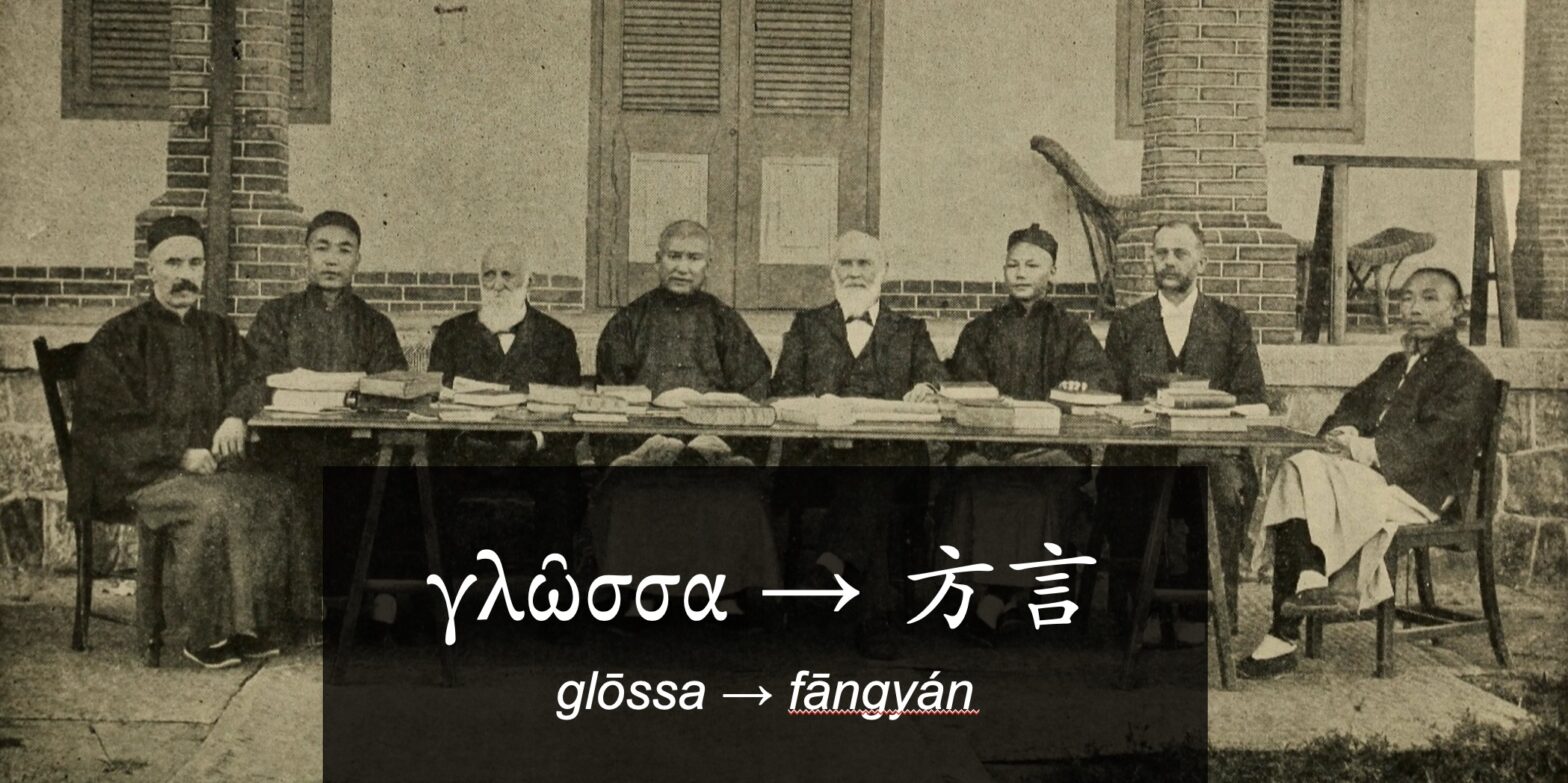When translators of the Chinese Union Mandarin Version of the Bible first published the New Testament in 1907, they chose 方言 (fāngyán) to render the word γλῶσσα (glōssa) throughout 1 Corinthians 12-14. What does the word mean exactly? How can we encourage each other to “speak in tongues” more fruitfully, particularly in bilingual and multilingual …
Category Archives: Academia
Job 23-24: Looking for God
Here’s a translation of Job 23-24 from Hebrew, with sporadic comments. Previously: 1:1-5 | 1:6-12 | 1:13-22 | 2:1-6 | 2:7-13 | 3:1-10 | 3:11-26 | 4 | 5:1-7 | 5:8-27 | 6 | 7 | 8:1-7 | 8:8-22 | 9 | 10 | 11 | 12 | 13:1-16 | 13:17-14:22 | 15 | 16 | 17 | 18 | 19 | 20 | 21 | 22 | Translation: 23:1 And Job answered, saying:2 “Surely today bitter [is] my complaint,My hand [is] heavy from my groaning.3 O that I knew [where] I would find him (God), and come to His seat.4 I would lay before Him judgement,And my …
Job 22: Elifatz accuses again
A translation of Job 22 from Hebrew, with comments. Previously: 1:1-5 | 1:6-12 | 1:13-22 | 2:1-6 | 2:7-13 | 3:1-10 | 3:11-26 | 4 | 5:1-7 | 5:8-27 | 6 | 7 | 8:1-7 | 8:8-22 | 9 | 10 | 11 | 12 | 13:1-16 | 13:17-14:22 | 15 | 16 | 17 …
Job 21: Keep listening to me!
Here’s a rough translation of Job 21 from Hebrew, with comments. Previously: 1:1-5 | 1:6-12 | 1:13-22 | 2:1-6 | 2:7-13 | 3:1-10 | 3:11-26 | 4 | 5:1-7 | 5:8-27 | 6 | 7 | 8:1-7 | 8:8-22 | 9 | 10 | 11 | 12 | 13:1-16 | 13:17-14:22 | 15 | 16 …
Job 20: the joy of the godless is for a moment
Here’s a rough translation of Job 20, with comments. As background, during our Level 4 lockdown last year I tried to lock down some reading to hold on to my Hebrew. You can see them here (helpful insights are thanks to God: typos and mistranslations wholly my fault): 1:1-5 | 1:6-12 | 1:13-22 | 2:1-6 …
Continue reading “Job 20: the joy of the godless is for a moment”




